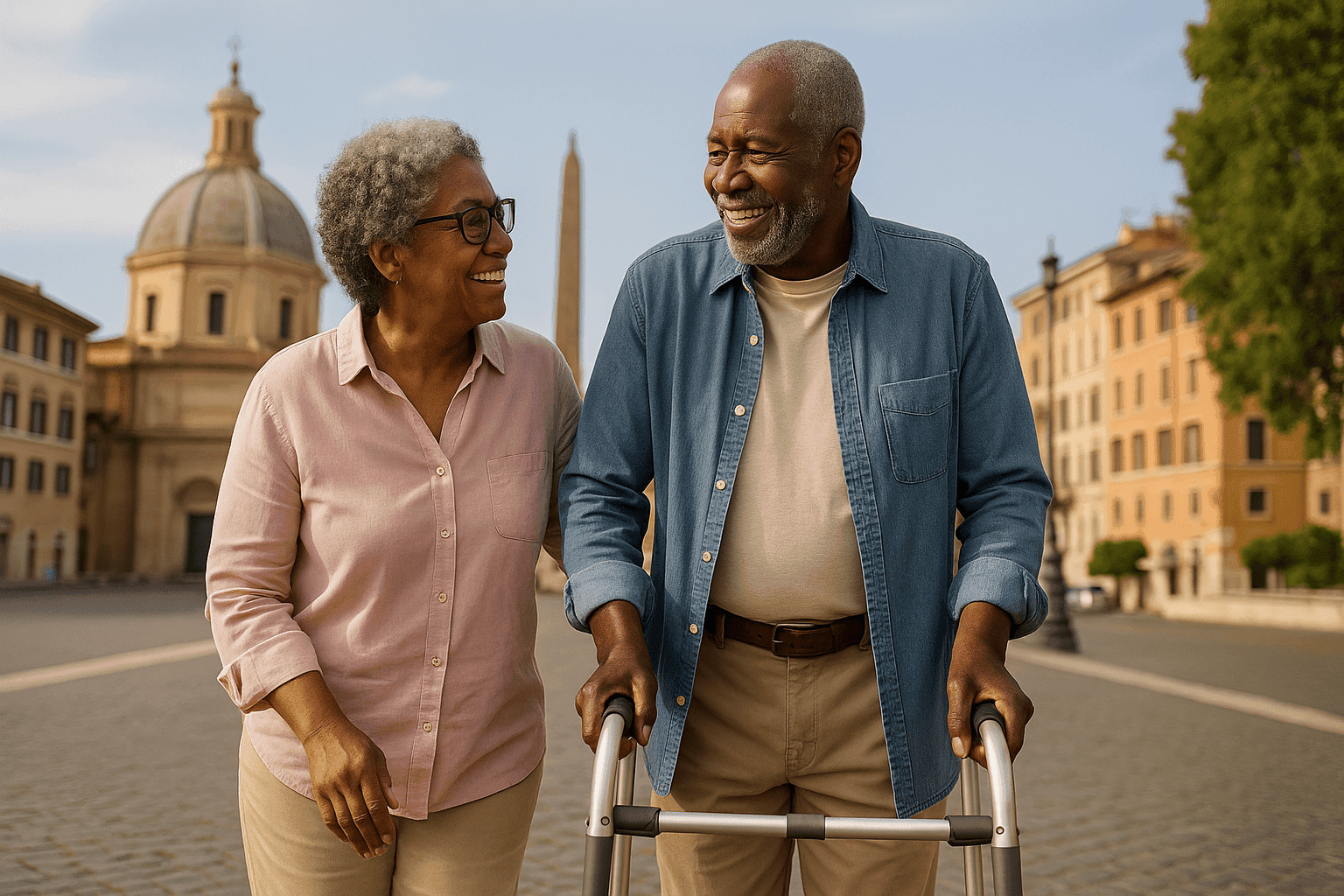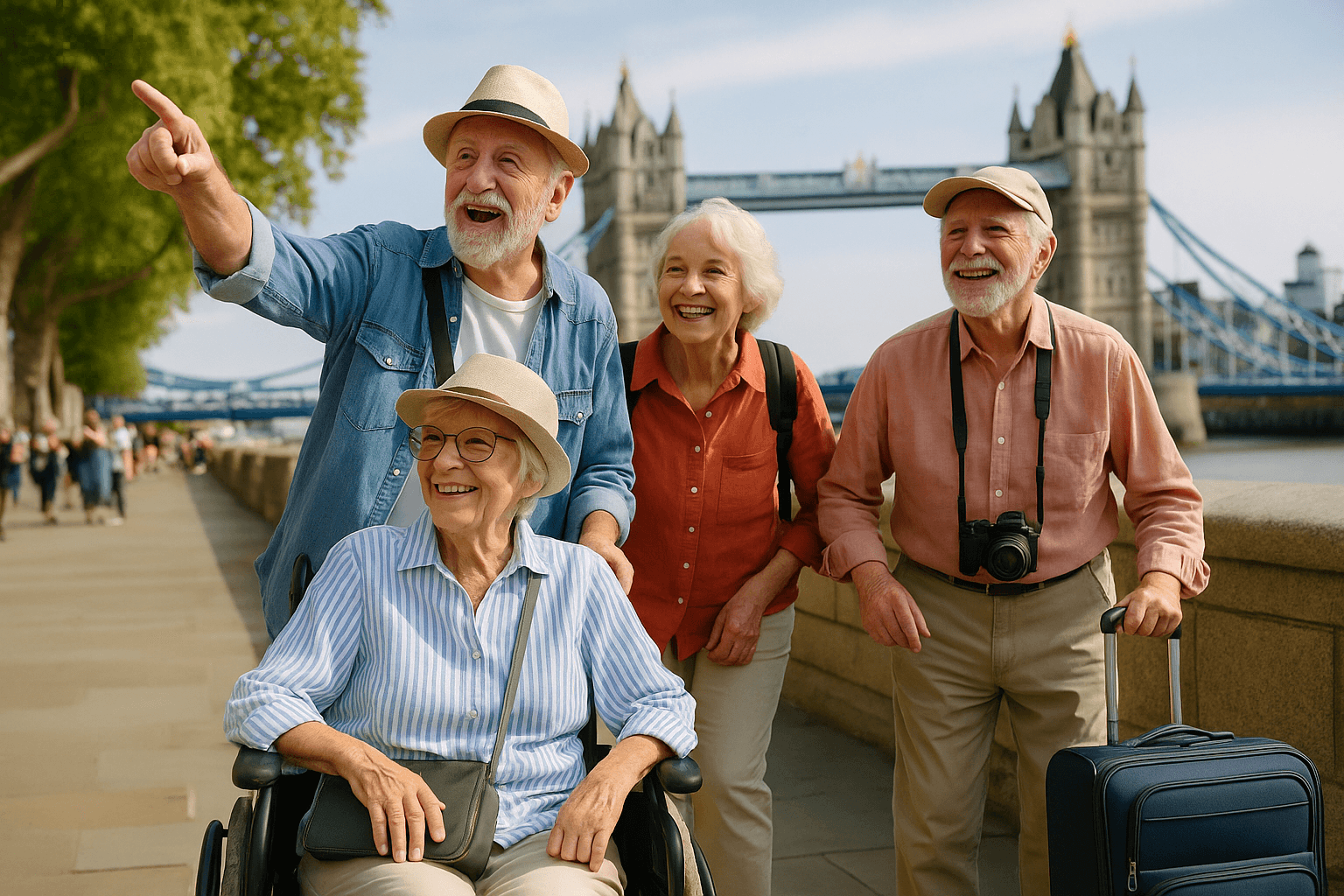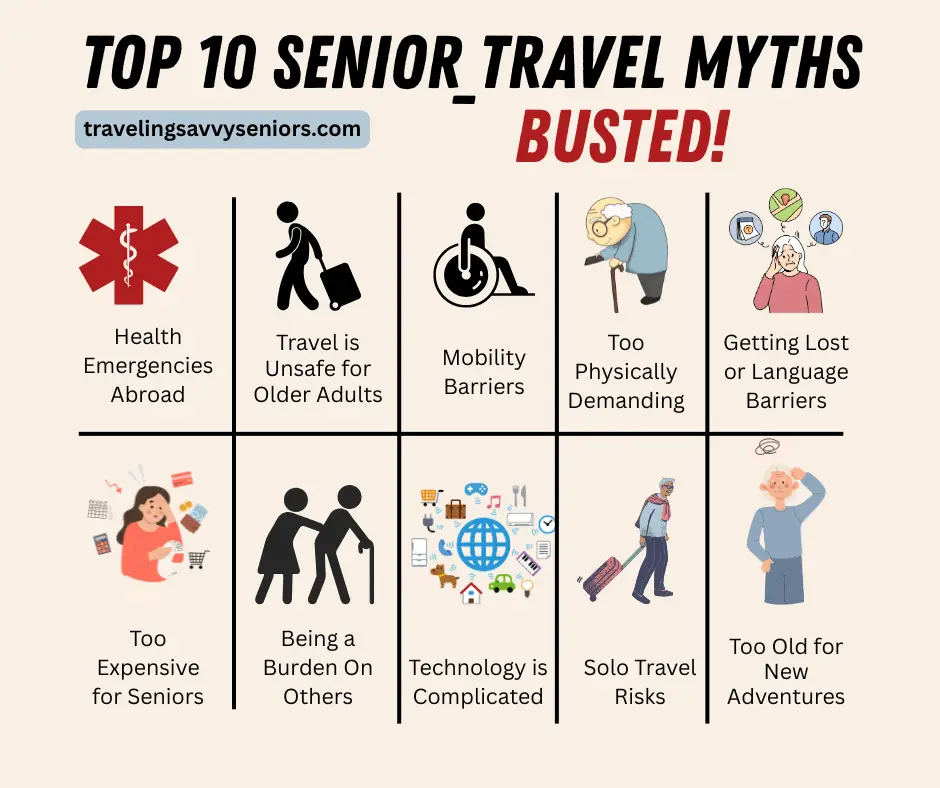Solo travel is an incredible experience. You set our own schedule, explore at your own pace, and embrace the freedom of independent adventures.
But here’s the deal:
When you travel alone, your safety is in your hands. There’s no travel buddy to watch your bags, double-check directions, or help if something goes wrong.
Does this mean solo travel is dangerous? Not at all!
Leave only footprints, take only memories
10 Essential Tips to Stay Safe When Traveling Alone
With the right precautions, you can explore the world confidently and securely. This guide covers 10 practical safety tips that will help you stay safe and stress-free when traveling alone.
Let’s dive in.
1. Research Your Destination Before You Arrive
Knowing what to expect reduces risks and helps you make smarter decisions.
Before your trip, find out:
- Which areas are safe and which to avoid.
- Local laws and customs to prevent misunderstandings.
- Common tourist scams and how to avoid them.
- Emergency contacts, including the nearest hospital and embassy.
Government travel advisory websites provide up-to-date safety alerts. Travel blogs and forums also offer real experiences from other solo travelers.
The more you know, the safer you’ll be.
2. Book Accommodations with Good Security
Where you stay matters just as much as where you go. Your accommodation should feel safe, especially since you won’t have a companion to rely on.
When booking, choose hotels or hostels in well-lit, central areas. Staying near public transportation and main attractions reduces the need for late-night walks through unfamiliar streets.
Look for these key security features:
- 24-hour reception so you’re never locked out.
- Keycard access or double locks for extra security.
- CCTV cameras in hallways and entrances.
- Good reviews from other solo travelers.
Once you arrive, take note of emergency exits and test the door locks. If anything feels off, don’t hesitate to ask for a room change or switch hotels.
If using Airbnb, choose properties with verified hosts and positive reviews. Check if the host is responsive and whether the location is in a safe part of town before booking.
3. Keep Your Belongings Secure at All Times
Losing your passport, wallet, or phone can instantly ruin your trip. Prevent theft by securing your valuables and staying mindful of your belongings.
- Use a money belt or hidden pouch to store important documents and emergency cash.
- Carry a crossbody anti-theft bag with lockable zippers to deter pickpockets.
- Avoid leaving your bag on the back of a chair or on the floor in public places.
- Keep digital copies of your passport, visa, and important documents saved in cloud storage.
If you’re staying in a hotel or hostel, use a locker or room safe for anything valuable. In transit, keep your bag in front of you and avoid placing it in overhead bins on buses where you can’t see it.
For extra security, consider using a dummy wallet with a small amount of cash to hand over in case of a robbery.
4. Stay Connected & Share Your Itinerary
Even when traveling solo, someone should know where you are at all times.
Before heading out for the day, share your plans with a trusted friend or family member. If you’re changing locations, send them your new accommodation details and estimated arrival time.
- Share your daily plans with a trusted friend or family member.
- Use location-sharing apps like Google Maps, Find My Friends, or Life360.
- Check in regularly via text or social media.
If heading to remote areas, consider carrying a personal safety alarm or GPS tracker that works offline.
5. Blend In & Avoid Looking Like a Tourist
Looking lost or standing out as a tourist makes you a target for scams and petty crime. The key to staying safe is blending in with the locals as much as possible.
- Walk with confidence, even if you’re unsure of directions.
- Avoid flashy outfits or expensive accessories that scream “tourist.”
- Instead of stopping in the middle of the street to check your phone, step inside a café or shop to look at your map.
In some places, dressing appropriately can help you avoid unwanted attention. Research local dress codes and avoid wearing outfits that might attract stares or make you stand out.
A simple trick? Carry a reusable tote bag from a local store instead of a touristy backpack. This small change makes it less obvious that you’re a visitor.
6. Be Cautious When Meeting New People
Solo travel is a great way to meet new people, but not everyone has good intentions.
If someone is overly friendly or asking personal questions too soon, be cautious. Scammers often target solo travelers by gaining their trust before attempting a scam or theft.
- Avoid sharing details like where you’re staying or your full travel plans with strangers.
- Be mindful of who you accept drinks from, and always keep an eye on your drink.
- If you feel uncomfortable, remove yourself from the situation politely but firmly.
If someone is making you uneasy, trust your instincts. Have a ready excuse, such as needing to meet a friend, to exit the conversation quickly.
7. Use Safe & Reliable Transportation
Getting around safely is key to avoiding dangerous situations.
- Use official taxis or ride-sharing apps like Uber, Bolt, or Grab instead of hailing a taxi from the street.
- If using public transportation, keep your bag close and zipped at all times.
- If renting a car, plan your routes in advance and avoid driving at night in unfamiliar areas.
Before getting into a taxi or ride-share, double-check the license plate and driver’s name to ensure it matches the app.
If you’re taking an overnight bus or train, secure your belongings and stay aware of your surroundings.

8. Avoid Flashing Cash & Expensive Items
Displaying wealth attracts the wrong kind of attention.
- Only carry the cash you need for the day.
- Keep your credit cards and extra money in a separate, secure place.
- Avoid pulling out large amounts of cash in public places.
If paying with cash, be discreet—pull money from a hidden pocket instead of a wallet full of bills.
9. Trust Your Instincts & Have an Exit Plan
Your gut feeling is one of your best safety tools. If something feels wrong, get out of the situation immediately.
- Always know the nearest exit or safe space.
- Have emergency contacts saved on your phone and written down.
- Keep an extra stash of money in case of emergencies.
If you ever feel unsafe, seek help from hotel staff, police, or nearby businesses.
10. Stay Alert & Be Mindful of Your Surroundings
Distractions make you vulnerable. Staying aware helps you spot danger before it happens.
- Keep headphones at low volume when walking alone.
- Avoid getting too distracted by your phone or camera in busy places.
- If someone is making you uncomfortable, move to a crowded area.
Staying alert allows you to enjoy your trip while keeping yourself safe.
Final Thoughts: Travel Smart, Stay Safe, and Enjoy Your Trip
Solo travel can be safe and enjoyable if you take the right precautions.
By following these tips, you’ll minimize risks and make the most of your solo adventures.
Now, I’d love to hear from you! What are your favorite accessible travel destinations? Do you have any tips to share? Leave a comment below, and don’t forget to subscribe to our site for more travel resources for savvy seniors.
Stay safe, travel smart, and enjoy your journey!
Turning Dreams into Destinations





